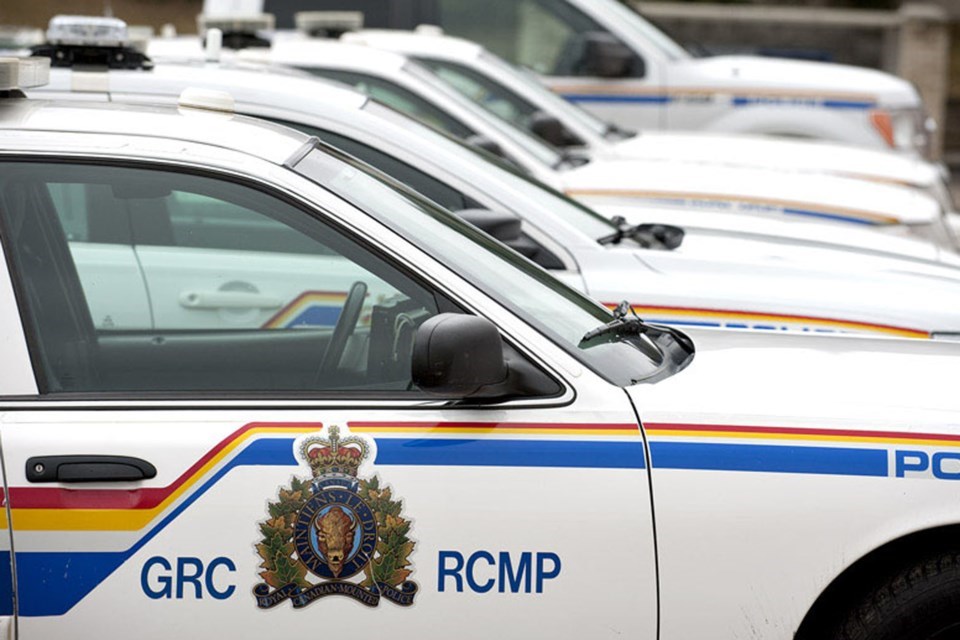It is unclear if St. Albert’s policing committee will be impacted by new provincial rules introduced to create more oversight on police operations in the province.
New legislation brought in by the UCP in December aims to bolster public confidence in the accountability of police agencies, offers amendments to the Policing Act that will, amongst other things, create an oversight body that is completely independent from individual police departments.
The new law is the first change in the provincial policing act in more than 30 years said Minister of Public Safety and Emergency Services Mike Ellis earlier this month and aims to give police a strong connection to their communities while strengthening accountability, giving communities more input and promoting diversity.
St. Albert, a community with a population of over 65,000 residents, is one of 15 communities in Alberta with more than 15,000 residents that contracts with the RCMP for policing services, thereby satisfying the criteria of the new law to maintain a civilian oversight body.
Like many communities of its size, however, St. Albert already has its own policing committee made up of members who represent the interests of civilians and the RCMP.
“As of right now, I don't know how the changes will affect our current committee governance,” said vice-chair and citizen member of St. Albert’s Policing Committee Todd Walsh, as the province's new Police Review Commission is not expected to be fully operational until the summer of 2024.
“I can say that the St. Albert Policing Committee currently serves an integral role in the area of consultation and community engagement,” said Insp. Ryan Comaniuk, speaking directly to The Gazette.
“Regardless of any changes in legislation, I don’t see that changing because the committee members ultimately want what’s best for the community in terms of service delivery and in setting up customized policing priorities for the St. Albert RCMP.”
So far in the 2023 calendar year, the St. Albert detachment has received a total of 14 public complaints, although they don’t all go through the policing committee and must all be filed with the RCMP oversight committee.
“Some of these public complaints were resolved informally whereas others were formally investigated,” added Comaniuk. “In some instances, a public complaint may have multiple allegations — neglect of duty and improper attitude for instance. In instances where a public complaint is formally investigated and an allegation is founded, operational guidance is typically provided to the involved officer. Operational guidance can come in the form of a written performance report, a mandated training or learning requirement, or a combination thereof.”
Notwithstanding the active consultary role of the policing committee, however, all civilian complaints are still ultimately monitored and processed by the Mounties via their national oversight agency, the Civilian Review and Complaints Commission (CRCC).
“In some instances, the St. Albert Policing Committee Public Complaints Director (PCD) may receive a complaint from the public, at which time we would enter into an informal consultation process in hopes of reaching a resolution, however, all formal complaints against an RCMP officer must be lodged through the CRCC,” Comaniuk pointed out.
“I maintain there is real value having a PCD attached to the St. Albert Policing Committee as public complaints are often a result of a misunderstanding or misconception on the part of the complainant and can be easily resolved.”
The St. Albert Policing Committee was established in 2019 and has two member of council, currently Mayor Cathy Heron and Coun. Ken MacKay, along with other civic leaders and Comaniuk. The goal of the committee is to be a liaison between city council, the RCMP detachment and St. Albert residents.
Looking to other models
With the provincial law’s implementation far from finalized, insights from other provinces can serve as informative models for comparison.
“This proposed model is actually very similar to the one already used in Ontario,” said Doug King, professor of justice studies at Mount Royal University. “It’s part of what is referred to as the ‘democratisation’ of policing, which involves more citizen oversight of police without getting into day-to-day police operations. It is intended to build more trust in police but also to break down any barriers related to police discipline and accountability.”
Yet unlike in Alberta, small and mid-size communities in Ontario are largely policed by a provincial force: the Ontario Provincial Police. Complaints and oversight, therefore, are handled by Ontario’s Office of the Independent Police Review Director, an arm of Ontario’s Attorney General.
UCP Premier Danielle Smith, a longtime proponent of ousting the federal government from provincial policing altogether, has drawn criticism for becoming unduly involved in a matter previously outside her government’s purview.
“It is a disturbing step towards the politicization of policing from a government that has a record of political interference in law enforcement and the administration of justice,” NDP justice critic Irfan Sabir warned upon the bill’s initial presentation.
Whether the legislation is an earnest, clear-eyed attempt at improving police oversight or a more tacit means of rebalancing the relationship between Edmonton and Ottawa is a question that is unlikely to be resolved, even as the law’s implementation takes shape.
“It strikes me that the proposed changes are without any overtly political intent,” said King. “Some suggest that it could facilitate the move to an Alberta Police Service and cancelling the province’s RCMP contract, but I think it is just as likely the first step to move away from that overtly political idea.”




